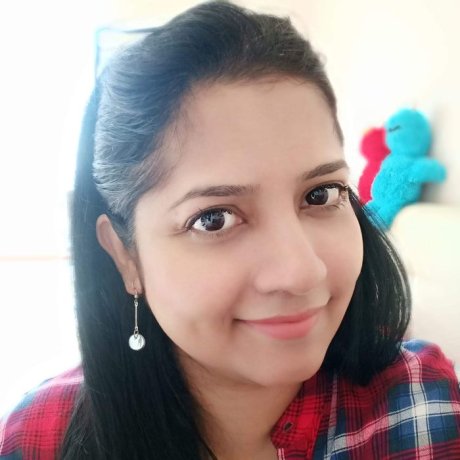Female circumcision: Culture and religion in Malaysia see millions of girls undergo cut

Society often does a lot of things that copies behaviours from African and Arab countries and defend it as having a religious origin. “We are confusing it with Islam and we think whatever they do is Islamic”
(ABC) – Fa Abdul was nine years old when she found out she had been circumcised when she was just a baby.
She was among the millions of girls across Malaysia whose families believe that female circumcision protects young girls from committing “sins”.
“Many Muslims in Malaysia will tell you that circumcision will protect girls from growing up and becoming wild,” Ms Abdul said.
Ms Abdul spoke to the ABC about her experience after a new documentary — titled The Hidden Cut — was released last week.
Chen Yih Wen, a senior producer from the group behind the documentary R.AGE, said the team started making the documentary after Malaysia was criticised at a United Nations forum in February.
The UN’s Convention on the Elimination of All Forms of Discrimination Against Women, held in Switzerland, slammed the country over continuing to practice female circumcision, or female genital mutilation.
The documentary makers discovered that the procedures are widely performed in private clinics and are not regulated.
“The Government said they were developing guidelines in 2012, but none of the medical practitioners that we interviewed said they received it,” Ms Wen said.
Ms Abdul — who is a journalist and works at online news publication Malaysiakini — gave birth to her first child, a girl, at the age of 20.
‘You just follow and stop asking questions’
YOUTUBE:The Hidden Cut Documentary
Due to religious and family pressure, her daughter was subjected to female circumcision.
“The doctor pulled away the labia and used something that looked like a needle to slit the clitoral hood,” she said.
“A [flow] of blood came out and then my daughter started crying.”
A decade later, Ms Abdul’s viewpoint on female circumcision changed dramatically, after she found out that there was no medical benefit and that it was simply a religious ordain.
“We were already born into the culture and that society expected us to do it,” she said.
“Doing it becomes automatic, you just follow and stop asking questions.

